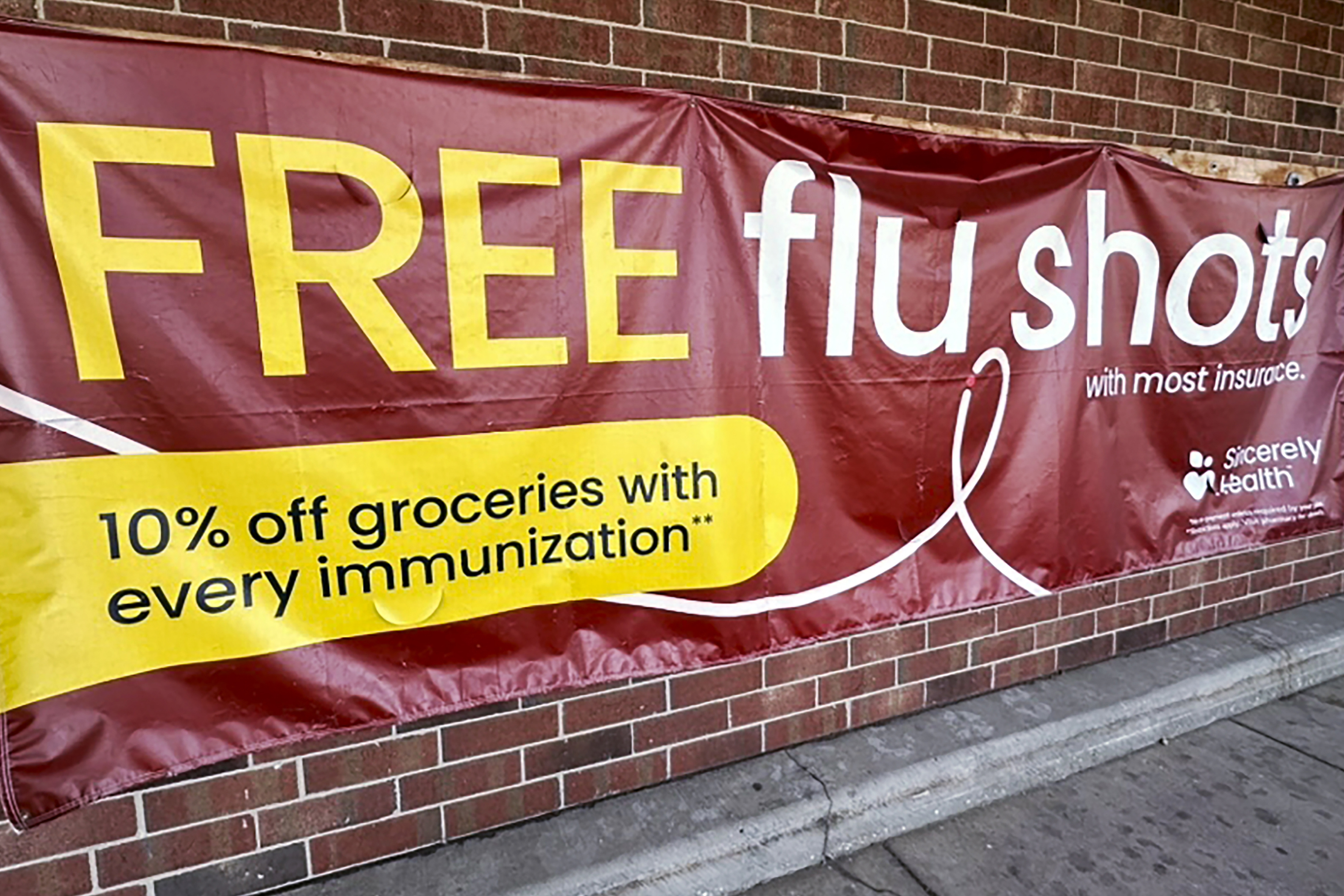
Philadelphia health officials said students and staff at Richmond Elementary School may have potentially been exposed to mpox.
In a letter to parents, the health department said it is "very unlikely" that people with low-level exposures will develop the disease.
Health officials ask parents and guardians to monitor their child for symptoms of mpox through Tuesday, Feb. 27.
"This is an extremely low-risk situation and issued the letter with the School District only out of an abundance of caution. There are sporadic cases of mpox in Philadelphia but it is not anything like what we saw two summers ago," the Health Department said in a statement to NBC10.
Get top local stories in Philly delivered to you every morning. >Sign up for NBC Philadelphia's News Headlines newsletter.
According to the Centers for Disease Control and Prevention, mpox, formerly known as monkeypox, is a rare disease caused by infection with the mpox virus.
Mpox symptoms are similar to smallpox symptoms, but milder and mpox is rarely fatal.
People with mpox often get a rash that may be found all over their body. The rash can initially look like pimples or blisters and will go through several stages including scabs before healing.
Other symptoms include:
- Fever
- Chills
- Swollen lymph nodes
- Exhaustion
- Muscle aches and backache
- Headache
- Respiratory symptoms (e.g., sore throat, nasal congestion, or cough)
The Philadelphia Health Department said if your child develops symptoms of mpox to take the following steps to help stop the spread of germs:
- Try to stay in a separate room and use a separate bathroom from others.
- Keep the rash covered with clothing or bandages.
- Wear a mask when within six feet from others including household members.
- If your child has no symptoms, they can continue routine activities like going to school.
For more information regarding mpox, visit the Philadelphia Department of Public Health website or the CDC website.
Health
Additionally, you can call the Philadelphia Department of Health 24/7 at 215-686-4514 and ask for the disease control on-call staff.
Sign up for our Breaking newsletter to get the most urgent news stories in your inbox.



